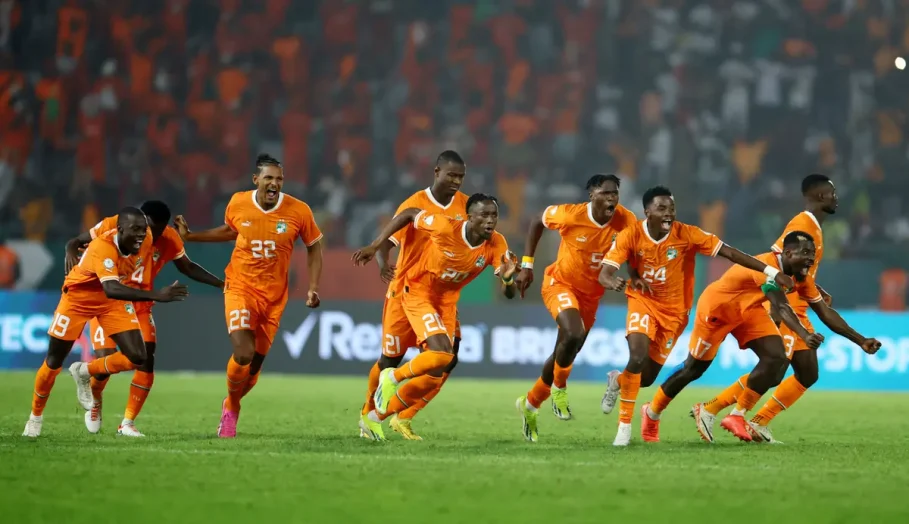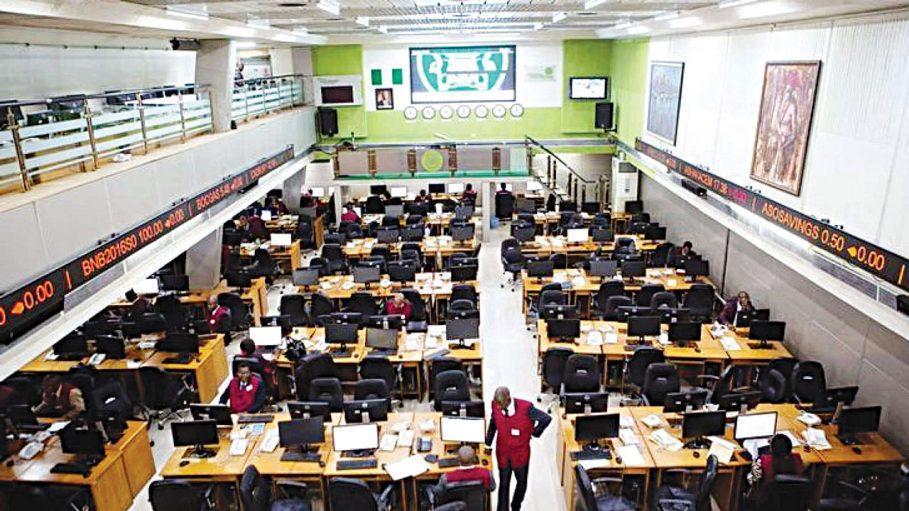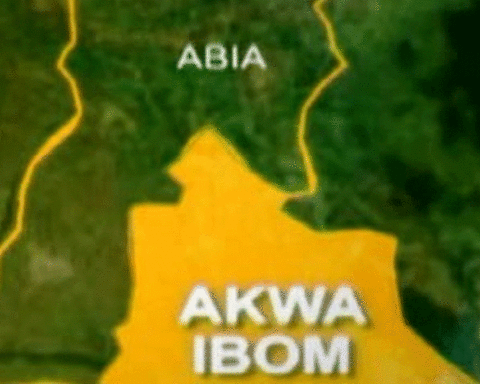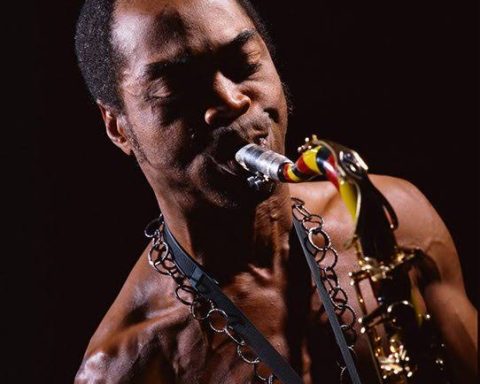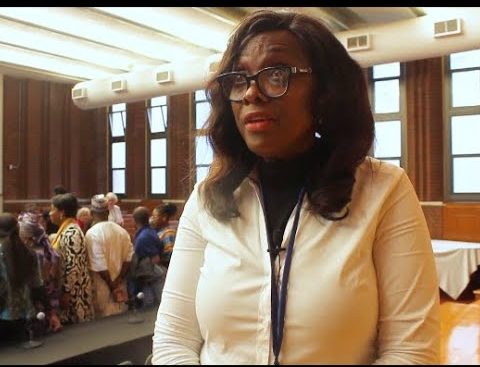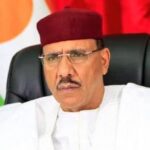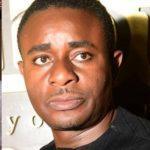President Bola Tinubu started his government with an audacious move to remove a slippery fuel subsidy regime that former presidents had dreaded to touch. He had also floated the naira in the foreign exchange market, and went on an all-out mission to rein in the Central Bank of Nigeria (CBN) from perceived fiscal excesses. He has also dared to fire and/or support the prosecution of erring ministers.
Yet, the president is faced with a worsening heritage of insecurity, sectarianism, economic hardship and corrupt leadership. The frightening nature of these problems has blighted the positive moves, if any, that Tinubu has made to govern the country, and Nigerians are not to blame for expecting a lot more from their president. Tinubu and his men are searching frantically for the way out. Are they?
Join our WhatsApp ChannelREAD ALSO: CBN, Economy And Expectations
For the sake of insecurity, the president took another audacious aim at police reforms and constitutional changes in late 2023. He constituted a committee to look into police reforms, and to oversee the necessary constitutional amendments to bring about the reforms, which have not occurred since 1861 when the police force came into being in pre-colonial Nigeria. Since the turn of the new democratic dispensation in 1999, insecurity and constitutional reforms have been at the core of the demands of a great majority of Nigerians, who insist that successive governments have been half-hearted in their reform approaches.
After Failed Attempts
There have been about seven attempts to amend the 1999 Constitution, which is deemed the bedrock of Nigeria’s problems, beginning with the electoral process, resource allocation, devolution of powers, and the entirety of governance. So, when the several committees from the Senate and the House of Representatives held countless meetings and public hearings in May and June of 2021 towards amending the Constitution, many thought they were serious. At that time, 16 key issues bordering on devolution of powers, national security, inclusiveness at the centre, judicial reforms and resource control were considered for amendments. The committees made far reaching efforts to collect information amidst accusations of bias and insufficient time for public hearings. This was coming on the heels of some amendments which were duly signed into law between 2007 and 2011.
Nigerians were however circumspect given that the some attempts between 2011 and 2015 ended in failure when President Goodluck Jonathan refused to assent to some amendments. Jonathan’s 2014 National Conference for reforms also ended on papers. Between 2015 and 2019, about 68 single bills were introduced in the hope that some would pass if all didn’t, instead of introducing a holistic bill, that may just fail as an entity as happened between 2011 and 2015. Another effort was made in 2020, when Senate President, Ahmed Lawan’s 56-member committee tried to hold public hearings, consolidating on former efforts, even the 2014 confab.
Discordant Amendments is the Problem
The foregoing shows that truly, the country understands the need for constitutional amendments, especially as the 1999 document is dismissed as a military contraption, which did not receive meaningful inputs from a goodly part of the country. Unfortunately, the amendments have been done in bits and pieces, instead of being a comprehensive review or replacement of a fundamentally flawed document. For instance, the 68 bills voted upon by the National Assembly on March 1, 2022 produced nothing more than a constitutional bedlam given the nature of debates and disagreements as well as the shortness of time for the National Assembly, which had a little over a year to end.
The staggered nature of the reviews makes it difficult to track the relationships among the amendments, and other separate laws. One of the results of this was the 2022 Electoral Law, which had to be amended about three times in one year owing to conflict with the Constitution and extant laws.
This is not withstanding the belated nature of most of the efforts at amendment. At times, the National Assembly often starts amendment processes less than one year to the end of its life, making it impossible for anything meaningful to go into the debates. Bills go through first and second readings, then referral to committee levels, public hearings, third reading, and passage by the National Assembly before presidential assent. The worst is that public awareness, inputs from the public, transparency and openness are often lacking in the process, making it hard for Nigerians to trust the intentions of any amendment process.
The Grey Areas are Clear, but First Hear Nigerians Out
Devolution of powers, viable federating units, inclusiveness at the federal government, resource control, presidential powers, the issue of executive, concurrent and residual lists, regional autonomy, structure of law enforcement, justice system, sea and air ports, human rights, gender equality, religious freedom, social freedom and services, etc. These are the major grey areas of the 1999 Constitution. The relegation of these issues has led to continued mediocrity, nepotism, wanton insecurity, irredentism and separatisms, disunity, bureaucratic drudgery, and cultural corruption.
To deal decisively with these problems, there is a need for a fundamental approach to get to their root causes. Disparate attempts to respond individually through conflicting amendments, cosmetic dispatch of police units to troubled spots and perfunctory creation of committees and squads will never address the real issues. Nigerians expect the same audacity that ended fuel subsidy and foreign exchange black markets to be extended to constitutional amendments and security reforms. It is not about just mentioning the areas for amendment. It is about creating the right context to hear all Nigerians out about the way forward. This is the only way the president can show meaningful commitment towards addressing the ugly triad of insecurity, economic hardship and ethnic cum sectional jingoism.
Dr Mbamalu, a Jefferson Fellow, is an Editor, Publisher and Communications Consultant.
Dr. Marcel Mbamalu is a distinguished communication scholar, journalist, and entrepreneur with three decades of experience in the media industry. He holds a Ph.D. in Mass Communication from the University of Nigeria, Nsukka, and serves as the publisher of Prime Business Africa, a renowned multimedia news platform catering to Nigeria and Africa's socio-economic needs.
Dr. Mbamalu's journalism career spans over two decades, during which he honed his skills at The Guardian Newspaper, rising to the position of senior editor. Notably, between 2018 and 2023, he collaborated with the World Health Organization (WHO) in Northeast Nigeria, training senior journalists on conflict reporting and health journalism.
Dr. Mbamalu's expertise has earned him international recognition. He was the sole African representative at the 2023 Jefferson Fellowship program, participating in a study tour of the United States and Asia (Japan and Hong Kong) on inclusion, income gaps, and migration issues.
In 2020, he was part of a global media team that covered the United States presidential election.
Dr. Mbamalu has attended prestigious media trainings, including the Bloomberg Financial Journalism Training and the Reuters/AfDB Training on "Effective Coverage of Infrastructural Development in Africa."
As a columnist for The Punch Newspaper, with insightful articles published in other prominent Nigerian dailies, including ThisDay, Leadership, The Sun, and The Guardian, Dr. Mbamalu regularly provides in-depth analysis on socio-political and economic issues.




